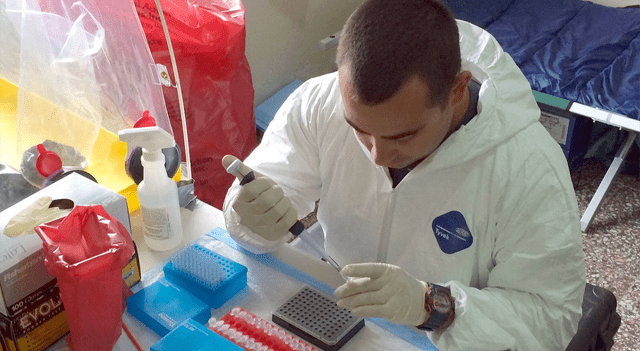Shares of Acadia Pharmaceuticals Inc. (NASDAQ:ACAD) fell 13% on Wednesday following the announcement that its Phase 3 COMPASS trial for Prader-Willi syndrome (PWS) did not meet the primary endpoint. The study tested intranasal carbetocin (ACP-101) for hyperphagia in PWS patients.
The trial did not show a statistically significant improvement over placebo on the Hyperphagia Questionnaire for Clinical Trials (HQ-CT) from baseline to Week 12. Moreover, the therapy showed no meaningful separation from placebo across secondary endpoints, although its safety profile remained consistent with earlier clinical data.
“We are disappointed by these findings, especially for Prader-Willi syndrome patients, their families and the entire community,” said Elizabeth H.Z. Thompson, Ph.D., Acadia’s Head of Research and Development. The company confirmed it does not plan to pursue further development of intranasal carbetocin.
COMPASS PWS was a 12-week, double-blind, randomized, placebo-controlled global Phase 3 study evaluating intranasal carbetocin 3.2 mg three times daily in 175 children and adults aged five to 30 with PWS.
Despite the setback, CEO Catherine Owen Adams emphasized that the company remains well-positioned for growth, with two approved products expected to generate over $1 billion in net sales in 2025. Acadia’s pipeline also includes eight disclosed and multiple undisclosed programs, with seven Phase 2 or 3 study initiations planned through 2026 and four data readouts anticipated by the end of 2027.
